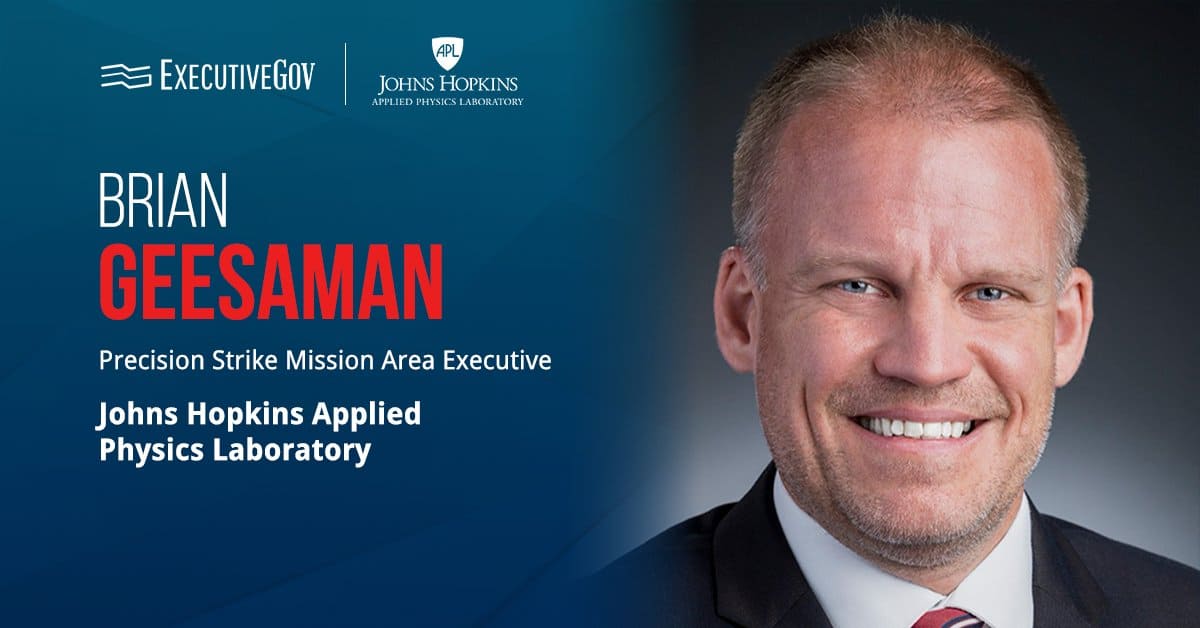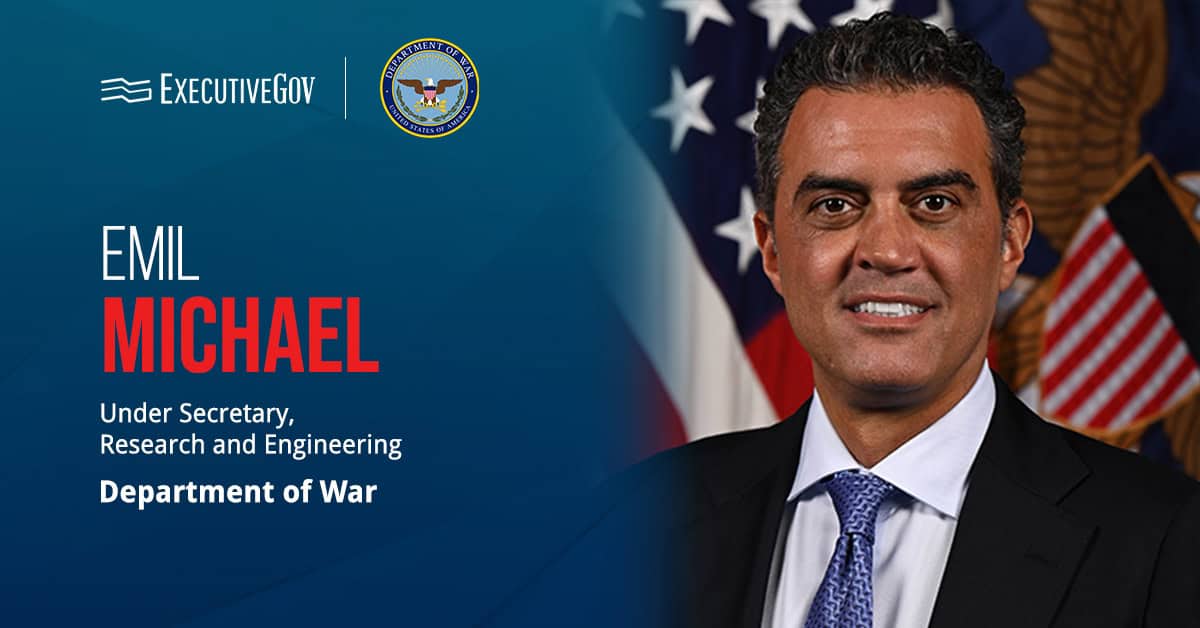
The U.S. Marine Corps plans to implement a vertical take-off feature for an Insitu-made large unmanned aircraft system, Marine Corps Times reported Wednesday. The service branch intends to boost the aircraft’s performance for expeditionary missions via VTOL as part of the USMC 2019 aviation plan.
The VTOL update would also reduce the aircraft’s logistical footprint. Capt. Christopher Harrison, USMC spokesman, told Marine Corps Times the update would support this reduction by removing the UAS’ launcher and recovery system. USMC additionally plans to equip the aircraft with a new payload for signals intelligence and electronic warfare activities.       Â





